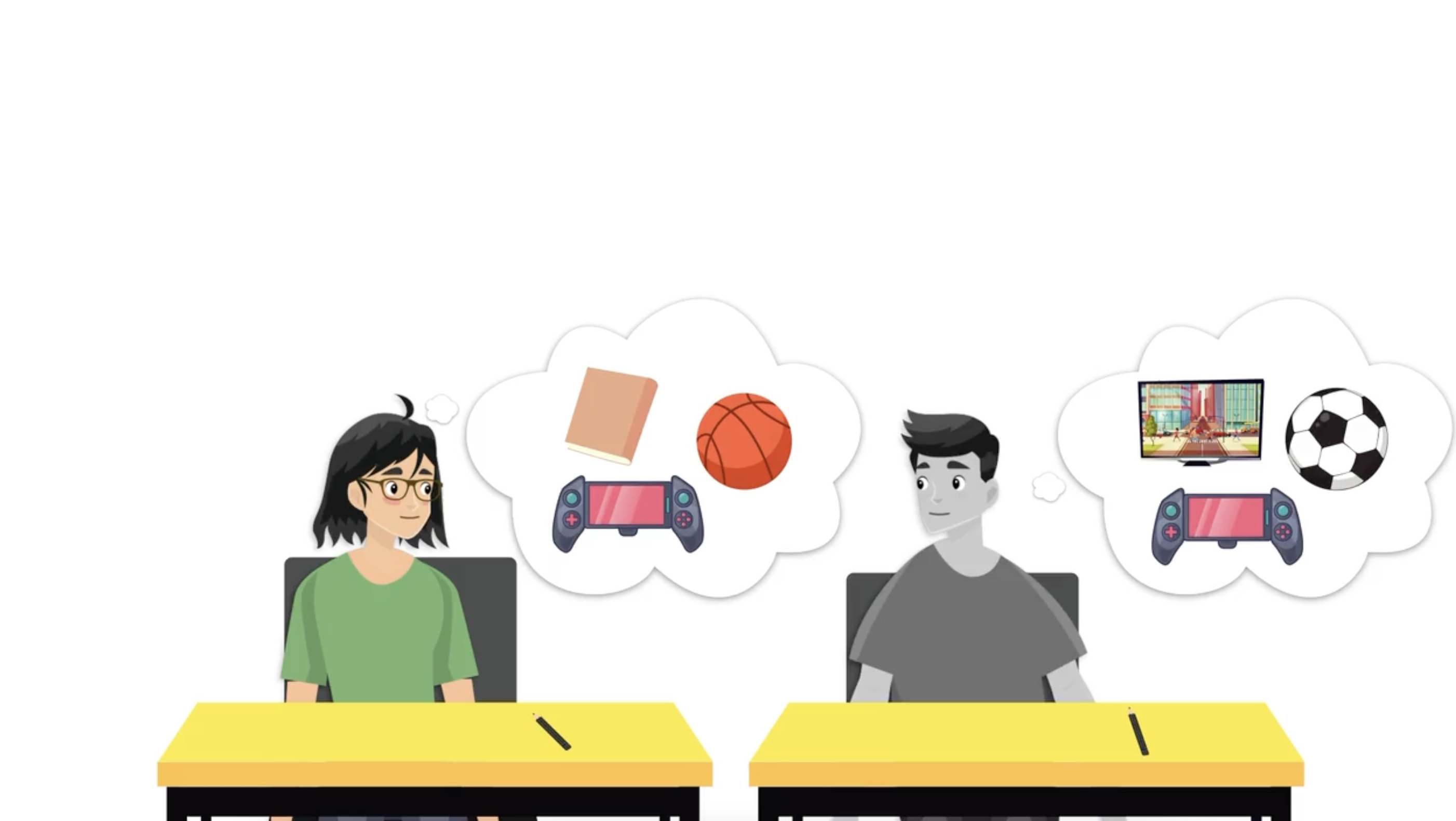Introduction
Friendships play a crucial role in the social and emotional development of middle school students. It is essential for educators to teach students the importance of finding friends who are a good fit and guide them in developing meaningful friendships. In this blog post, we will discuss the importance of choosing the right friends, present a no-prep activity to help students understand the concept, provide discussion questions, mention related skills, and encourage users to sign up for free samples of these skills and more at Everyday Speech.
No-Prep Activity: The Friendship Circle
This no-prep activity helps students identify the qualities of good friends and evaluate their own friendships. To begin, have students sit in a circle and take turns sharing one quality they believe is essential in a good friend. As each student shares, write the qualities on a whiteboard or flip chart. Once everyone has shared, discuss the list as a group and ask students to reflect on their own friendships. Do their friends possess these qualities? Are there any qualities they should look for in future friends? This activity encourages students to think critically about the kind of friends they want and need in their lives.
Discussion Questions
- Why is it important to choose friends who are a good fit for you?
- What are some ways you can identify if someone would be a good friend for you?
- How do shared experiences contribute to forming strong friendships?
- Why is it okay to have friends with different personalities, clothes, or backgrounds?
- What can you do to make sure your friendships are healthy and supportive?
Related Skills
Teaching students to choose the right friends is just one aspect of Social-Emotional Learning. Other related skills that educators should focus on include:
- Active listening: Developing the ability to listen attentively and empathetically to others.
- Conflict resolution: Learning to resolve disagreements and misunderstandings in a respectful and constructive manner.
- Empathy: Understanding and sharing the feelings of others, helping to build stronger connections.
- Assertiveness: Communicating one’s needs and boundaries in a respectful and confident manner.
- Collaboration: Working together with others to achieve a common goal or solve a problem.
Next Steps
As an educator, it’s important to provide students with the tools and guidance they need to make informed decisions about their friendships. To help you in this endeavor, we encourage you to sign up for free samples of skill-building resources and other materials at Everyday Speech. By incorporating these principles into your teaching, you can help your middle school students build strong, supportive friendships that will contribute to their overall well-being and success in life.






